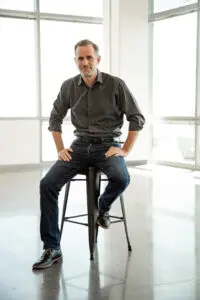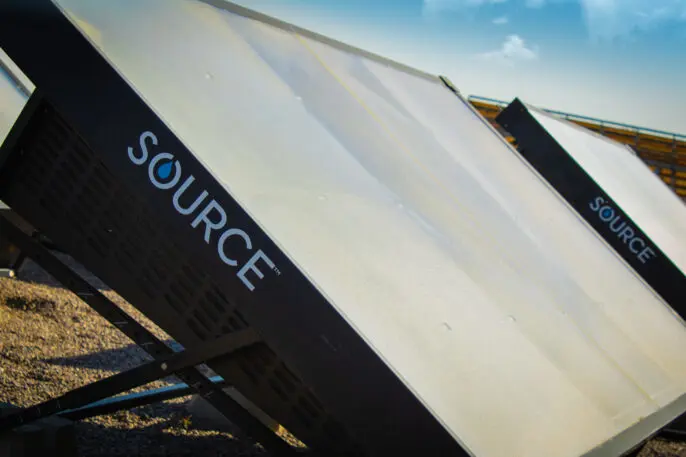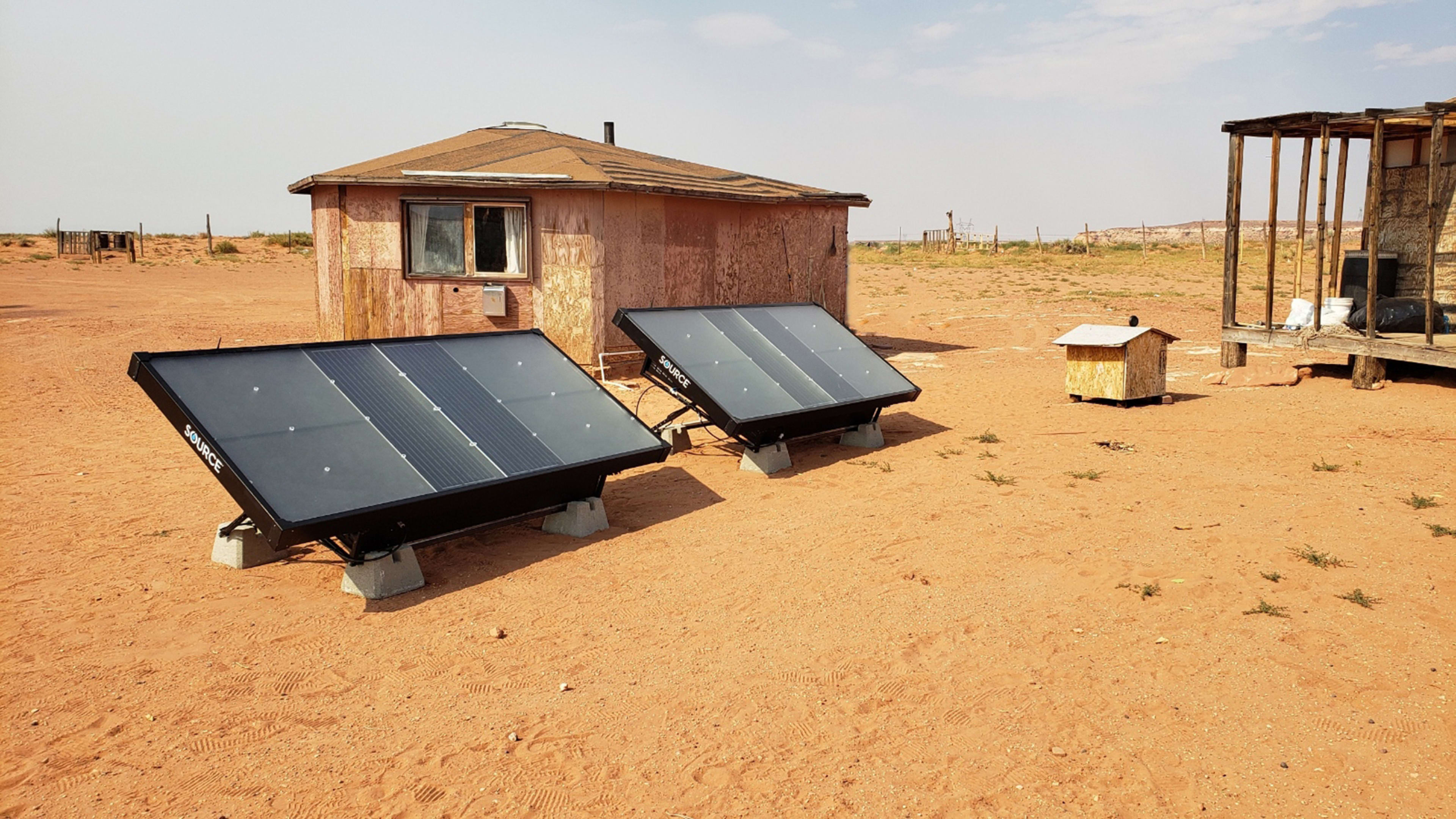Clean water, one of our most essential human needs, is not globally accessible to almost 800 million people, chiefly due to the cumbersome infrastructure required to move it from its source to the people who need it. That’s why the latest guest on the World Changing Ideas podcast founded a company that wants to bypass concrete pipes for panels, and grab water from where it’s most abundant: thin air.

Friesen comes from a renewable-energy background, and harnesses those principles to make such a narrowly accessible commodity into “something that is distributed and democratized.” Source does that via hygroscopic technology, or materials that absorb water vapor. Tapping into the massive supply of water in the air—according to one estimate, there are 13,000 metric tonnes of water in the air at any one moment—the solar-powered panels essentially pull vapor from the air, capture and condense it, and collect it in a reservoir. “We reproduce the condition of when you walk out of your home in the morning and there’s dew on leaves,” Friesen says. “But we can do that in the middle of the Sahara Desert at high noon.”

A significant side benefit is that this alternative technology could reduce plastic bottle use; in many parts of the world, bottled water is not a privilege, rather the only way to get clean water. “[The use] is not growing because people in L.A. or New York are trying to be more bougie with their water,” Friesen says. “It’s growing because of challenges associated with getting good water.”
Rather than moving these up-and-coming communities from bottles to pipes, Friesen suggests they “leapfrog” straight to hygroscopic technology. “It’s literally an inexhaustible resource that is just waiting there to be tapped.”
You can listen and subscribe to World Changing Ideas on Apple Podcasts, Stitcher, Spotify, Google Podcasts, or wherever you get your podcasts.
Recognize your brand’s excellence by applying to this year’s Brands That Matter Awards before the early-rate deadline, May 3.
